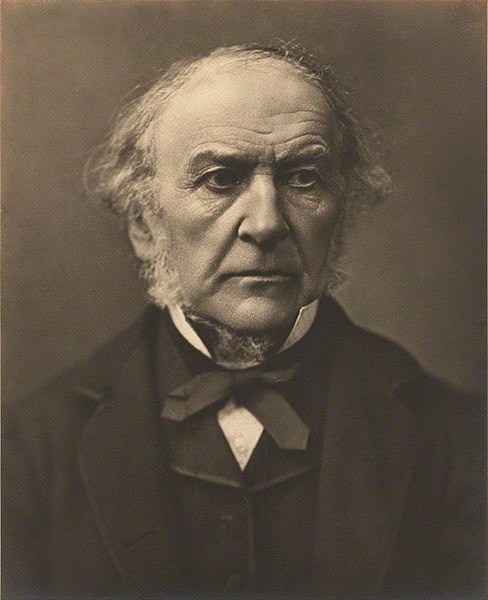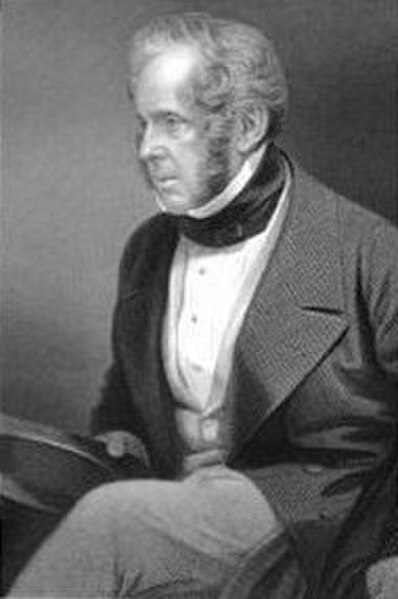1874 United Kingdom general election
The 1874 United Kingdom general election saw the incumbent Liberals, led by William Gladstone, lose decisively, even though their party won a majority of the votes cast. Benjamin Disraeli's Conservatives won the majority of seats in the House of Commons, largely because they won a number of uncontested seats. It was the first Conservative victory in a general election since 1841. Gladstone's decision to call an election surprised his colleagues, for they were aware of large sectors of discontent in their coalition. For example, the nonconformists were upset with education policies; many working-class people disliked the new trade union laws and the restrictions on drinking. The Conservatives were making gains in the middle-class, Gladstone wanted to abolish the income tax, but failed to carry his own cabinet. The result was a disaster for the Liberals, who went from 387 MPs to only 242. Conservatives jumped from 271 to 350. Gladstone himself noted: "We have been swept away in a torrent of gin and beer".

Image: Benjamin Disraeli, 1878 (cropped)
Image: William Ewart Gladstone by Elliott & Fry March 1879
Image: Portrait of Isaac Butt
The Liberal Party was one of the two major political parties in the United Kingdom, along with the Conservative Party, in the 19th and early 20th centuries. Beginning as an alliance of Whigs, free trade-supporting Peelites, and reformist Radicals in the 1850s, by the end of the 19th century, it had formed four governments under William Gladstone. Despite being divided over the issue of Irish Home Rule, the party returned to government in 1905 and won a landslide victory in the 1906 general election.
Viscount Palmerston
William Gladstone
Liberal politicians David Lloyd George and Winston Churchill enacted the 1909 People's Budget which specifically aimed at the redistribution of wealth.
Liberal poster c. 1905–1910, clockwise from the left: Joseph Chamberlain (satirised as an unmarried mother leaving her baby at a Foundling hospital) abandons his commitment to old age pensions after failing to reach agreement with the Friendly Societies; Chancellor Austen Chamberlain threatens duties on consumer items which had been removed by Gladstone (in the picture on the wall); Chinese indentured labour in South Africa; John Bull contemplates his vote; and Joseph Chamberlain and







